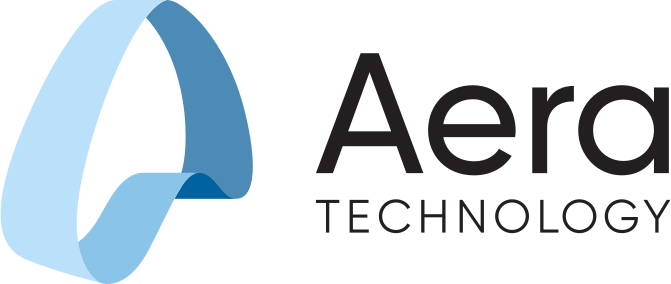Can Decision Intelligence Help You Make Better Procurement Decisions?

Go beyond the automation of simple procurement tasks and engage the power of intelligent technologies to improve decision-making.
A recent article in Supply Management poses the question, “Can you automate procurement?” However, the more pertinent question to pose is, how can you make better procurement decisions with the help of intelligent technologies?
Procurement leaders are facing four key areas of focus in a post-pandemic marketplace:
- Sustainability
- Procurement as a function which delivers value, not only savings
- Automation
- Supply chain resilience / Supply chain risk
In order to meet the myriad challenges posed by each of these priorities, we need to look far beyond the binary question of whether or not automation makes sense for procurement. Rather, we challenge leaders and enterprises to look at the deeper topic: the decisions we know need to be made in order to optimize procurement outcomes that meet the goals and needs of the enterprise.
Sustainability in Procurement
Let's consider sustainability. In most organizations, the sustainability agenda drives a commitment to working with the right suppliers, ordering the most appropriate materials, and being mindful of energy and waste during manufacture, packaging, transport, and disposal.
Look at a sustainability action plan for any major organization and you will find it is far more detailed than it would have been just five years ago. However, the question remains: how do you include sustainability in the process of optimizing day-to-day decisions? What happens when unexpected demand drives additional production and a different supplier or less sustainable batch has to be purchased to meet customer needs? What happens when waste increases on a plant going beyond the targeted sustainability goal?
There remains a great opportunity to go beyond detailed action planning and apply Decision Intelligence to help make better decisions, more quickly, in response to changes like this–taking into account sustainability as well as efficiency and financial factors.
Supply Chain Resilience and Risk
Supply chain resilience and risk were key focus areas even before the pandemic, following high profile shortages and over-reliance on single supply networks. As supply chains have become increasingly global, events such as labor shortages, logistics disruptions, and a shortage of microprocessors will continue to have far reaching impacts beyond the current international movement challenges of Covid-19.
What are the decisions on risk and resilience we wish we could make today? How do I understand the current risk levels across my network? What options do I have available to maintain supply? And, when unforeseen events happen, how quickly can I reroute to minimize impact?
The challenge in making these decisions is the large amount of data that changes daily, even hourly. It’s too much for even the largest or most talented organization’s capabilities to keep up with these flows of information and create teams that are able to assimilate and draw insights to make real-time decisions.
Using Decision Intelligence, as we combine automation and augmentation of the decision process, finding the right answer can become a reality after all.
Redefining Value In Procurement
The reality is that sustainability and supply chain resilience have become part of supplier selection criteria due to the events of recent years. However, most procurement organizations are still measured by savings delivered and not by the concept of “value.”
It is true that “value” means something different for every single business, but “value” is much more than savings achieved in a negotiation. The combination of these factors make the buyer-supplier relationship effective and align it to the goals and objectives of both companies.
Other factors like supplier innovation and supplier brand image are also becoming more important, and are being considered as part of the concept of “value” along with sustainability and supply chain resilience.
This is where Decision Intelligence comes into play. In a world of unrelenting change, how can we ensure that we are making the best sourcing decisions and capitalize on any market opportunities? These opportunities could be savings due to a drop in commodity prices, but it could also be (for example) choosing a new, disruptive supplier who offers a patented technology to process a specific type of waste.
Decision Intelligence: Supporting Better Procurement Decisions, Faster
Decision Intelligence brings together multiple data sources and datasets (internal and external) and automates analysis to make complex procurement decisions where many factors need to be considered. Think of this technology as a digital procurement analyst with access to all your systems of record and external data sources working for you 24/7, 365 days a year: would your category strategies stay the same for more than six months?
Suddenly factors such as real time feedback on supplier performance, latest demand and resulting MRP, Forex and commodity pricing, sustainable sourcing best practices, global transport restrictions, and weather conditions can all be added into decision logic.
So, back to our original question. “Can we automate procurement?” The answer is a resounding yes. However, it is critical to avoid the pitfall of simply automating repetitive tasks in the procurement process. No matter how well we automate and streamline processes, our outcomes will continue to be challenging if we keep making the same less-than-optimal decisions.
Let’s turn our focus from tasks to decisions – to using automation to make procurement decision-making more agile and effective, considering all the factors that can drive a successful outcome. Can we use Decision Intelligence to automate procurement? We say yes, we can – and we should.







